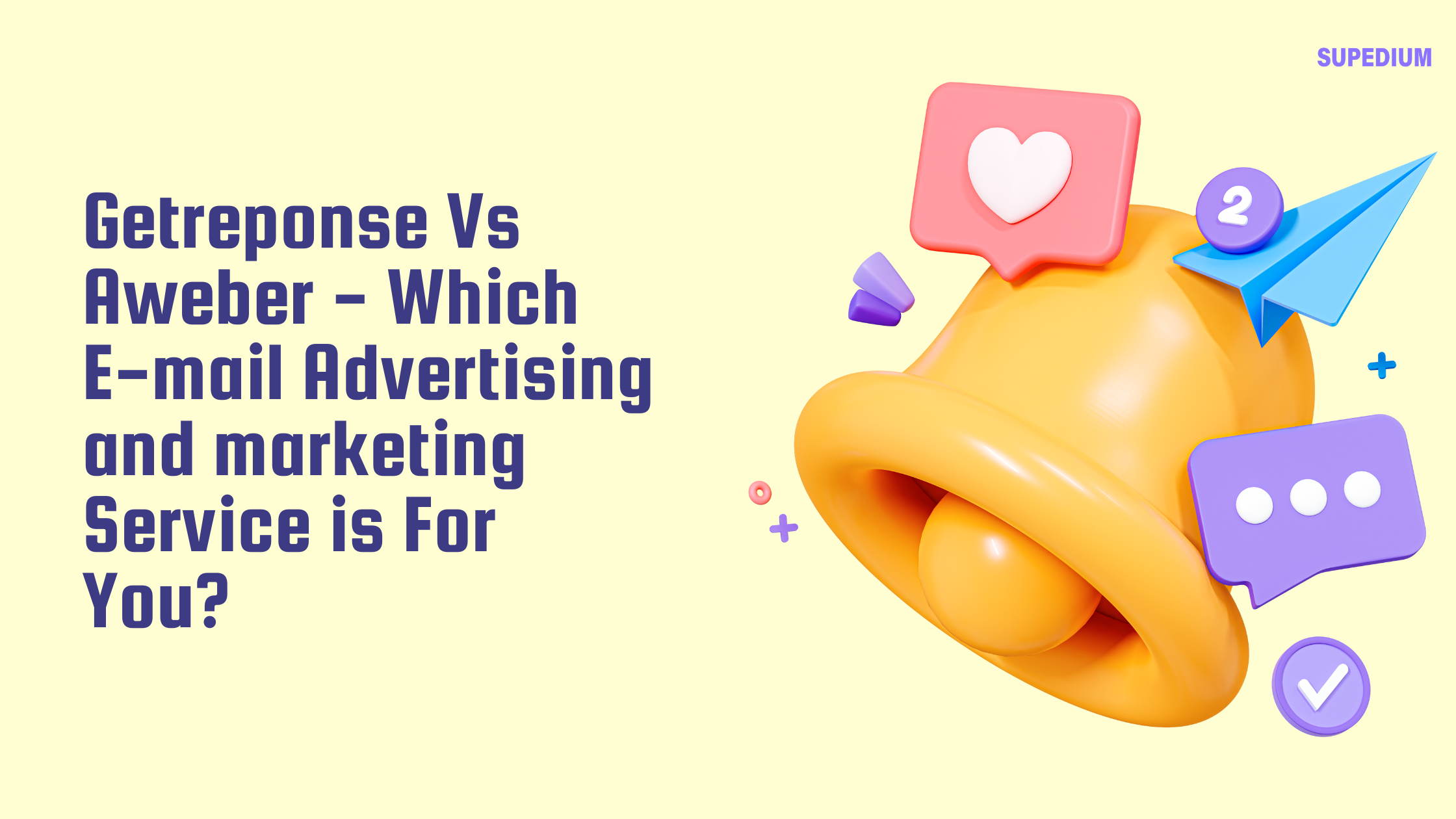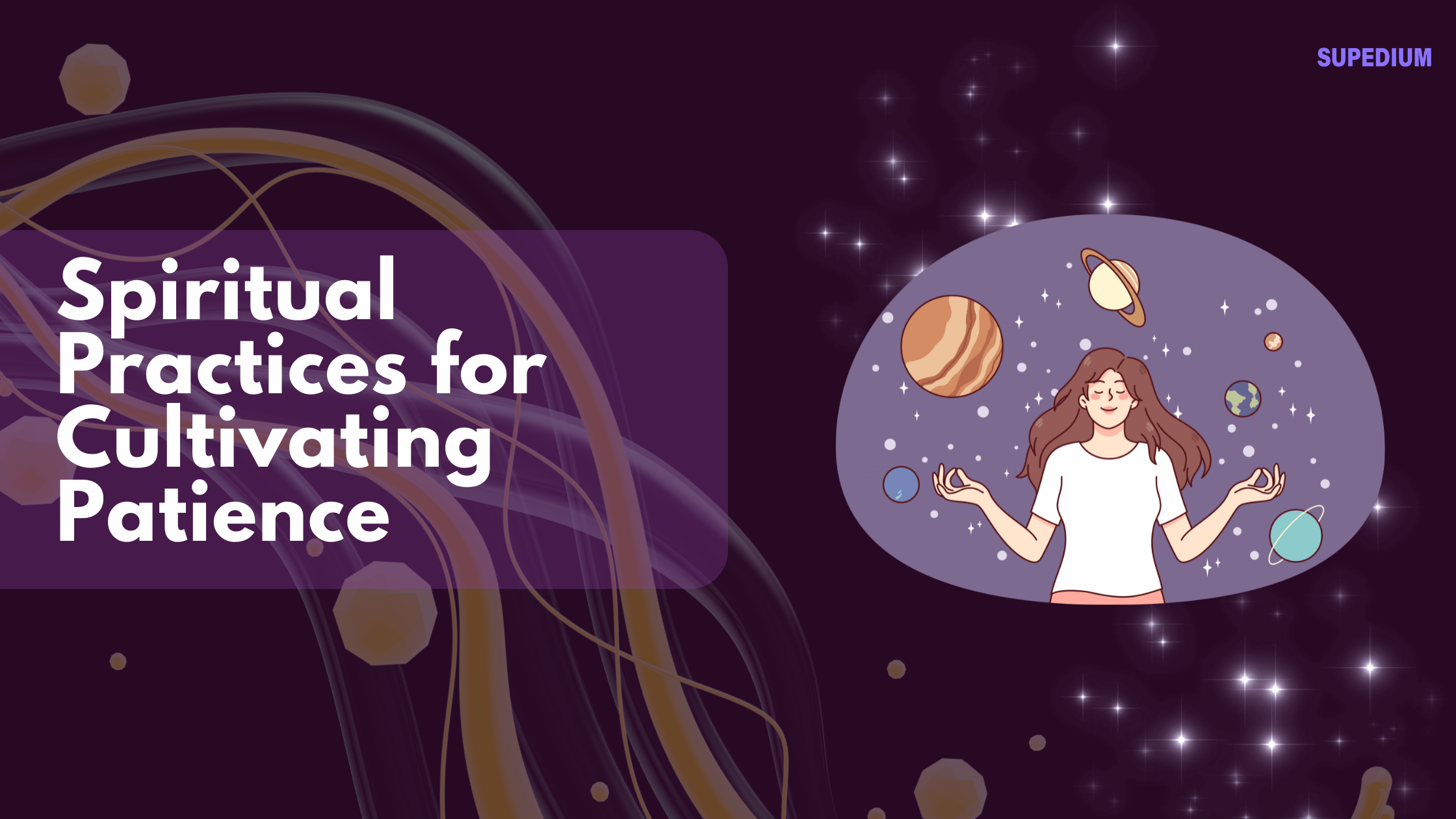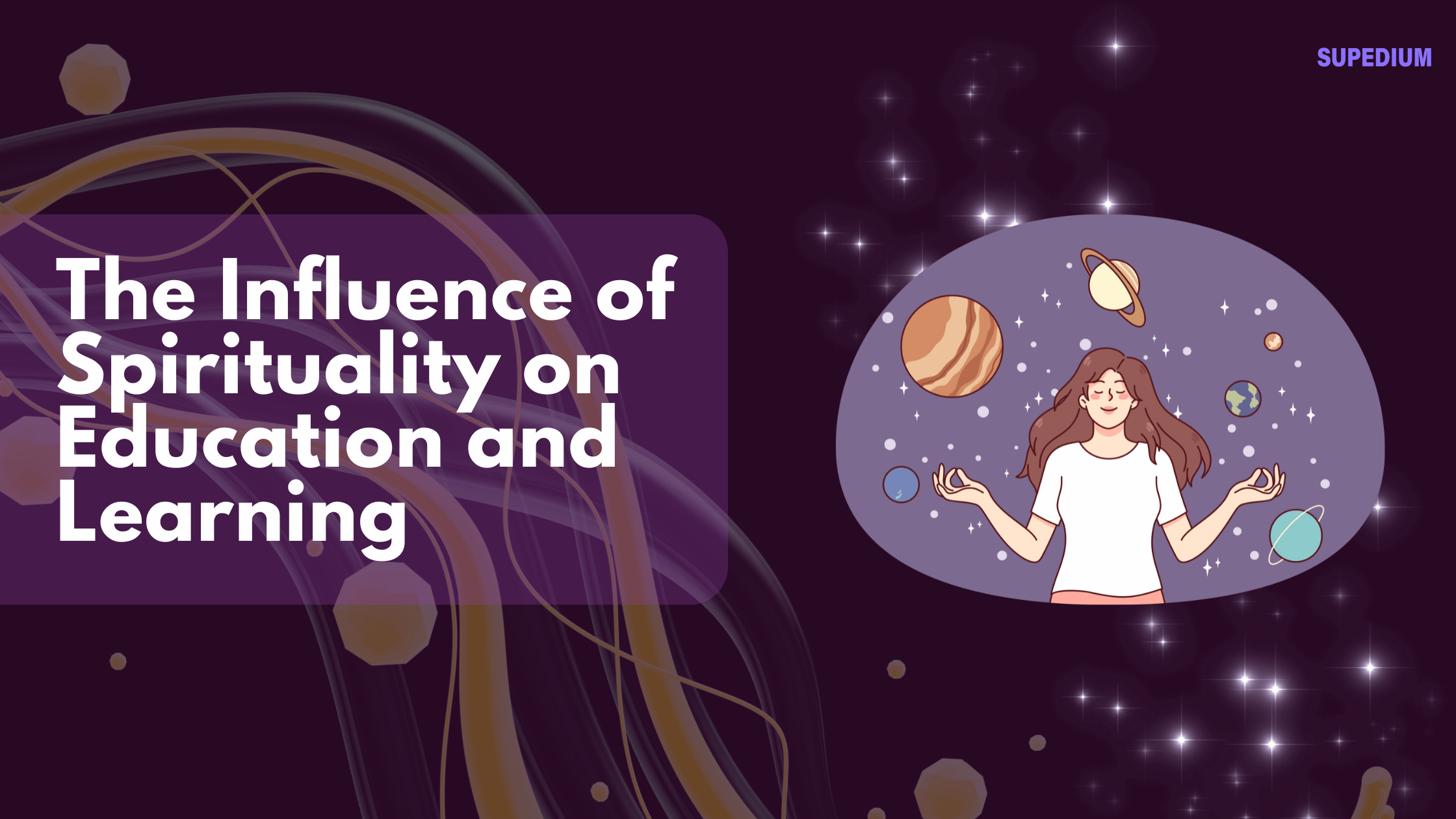Table of Contents
![]()
Learning is defined as a change in behaviour That’s the result of expertise. It may be easy to fall into the trap of considering education that occurs during childhood and early adulthood, when you consider learning, but learning is .
How can we go to acquiring abilities, knowledge, and information from not understanding something?
Learning became a major focus of research in psychology during the first part of the twentieth century since behaviorism Rose to become a school of thought. Now, learning remains an important concept in a lot of regions of psychology, including cognitive, educational, social, and developmental psychology.
1 thing to remember is that both can be involved by learning Beneficial and negative behaviours. Learning is a ongoing and natural part of life that takes place both.
Sometimes people learn things that help them become Lead and Educated better lives. In other instances, individuals may learn things which are detrimental to well-being and their health.
The process of learning new things is not the same. Learning Can happen in a variety of ways. Several psychological theories are proposed to describe how and when learning occurs.
Learning Through Classical Conditioning
Learning through association is among the ways that Folks learn things that are new. Russian physiologist Ivan Pavlov found one way of learning through his experiments about the digestive systems of puppies . He noticed that the dogs would salivate at the sight of food, but that the dogs started to salivate whenever the experimenter lab coat was seen by them.
Experiments involve pairing food’s sight with the sound of a bell tone. After pairings, the dogs started to salivate to the sound of the bell.
Classical conditioning is a sort of learning that takes place.
A stimulus that naturally and automatically activates a Answer is paired with a stimulus that was neutral. Finally, the neutral stimulus as well as an association forms becomes known as a stimulus that activates a reaction that is conditioned.
Learning Through Operant Conditioning
In determining the consequences of your actions can play a role how and what you learn. Behaviorist B.F. Skinner noted that while classical conditioning can be used to describe some kinds of learning, it couldn’t account for everything. Rather, he suggested that reinforcements and punishments were responsible for some kinds of learning.
It may increase when a behavior is quickly followed by something Or reduce the likelihood that the behavior will occur in the future. This process is known as air-conditioning .
For example, imagine you’d, and that you have a puppy Like to start training it to act in ways that are specific. You reward it with a pat or a treat the pup does what you want it to do. You scold him and don’t provide affection After the puppy misbehaves. The reinforcement contributes to a rise in the behaviors and a reduction in the behaviors that are undesirable.
Learning Through Tracking
While operant conditioning and classical conditioning can help Explain of learning cases, you are likely to immediately consider situations where you’ve learned something.
Psychologist Albert Bandura noted that many types of learning don’t Involve any conditioning and in reality, evidence that learning has happened might not be apparent.
Observational learning happens by observing the activities and consequences of other people’s behaviour (such as with latent learning).
In a series of experiments that are famous, Bandura managed to demonstrate The ability of the learning. Kids watched clips of adults interacting with a large Bobo doll. On occasion, the adults ignored the doll, while that the adults yell, kick and could hit .
When children were given the chance People who had detected that the adults abusing the doll, bobo doll present were far more likely to engage in activities that are similar.
Learning is as you can see factors. Not only study how learning happens but also social, psychological, cultural, and biological factors might influence the learning procedure now.
A Word From Supedium
Learning isn’t a procedure that is one-dimension. It takes place in several There and ways are a array Influence what people learn and how. While people often focus on the Quantifiable and Visible ways that learning happens, it’s also Important to bear in mind that we can’t always detect what’s been learned. Individuals are capable of studying immediately observable.
Share This




Be the first to comment